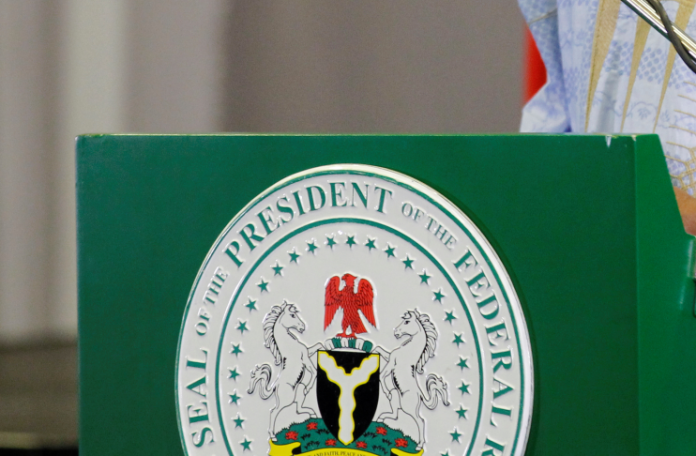A sweeping new tax regime will take effect on 1 January 2026, promising to reshape how Nigeria taxes its citizens and businesses.
Under the plan, multinationals and local firms will receive a five-per-cent annual tax credit for investments in key sectors — a move the government says will promote industrial growth and job creation.
The chairman of the Presidential Fiscal Policy and Tax Reform Committee, Taiwo Oyedele, said the reforms aim to simplify taxation, broaden the base, and boost revenue without hurting small businesses.
The framework introduces top-up tax exemption thresholds of ₦50 billion for local firms and €750 million for multinationals.
It also allows companies that trade in foreign currency to remit their taxes in naira at the official exchange rate — a decision meant to ease forex pressure on businesses.
Oyedele said the reforms are built on a simple idea: taxation should serve as a social contract between citizens and the state, not a punishment.
“When citizens see transparency and accountability in taxes, compliance naturally follows,” he told reporters in Lagos.
He lamented that most Nigerians still have “near-zero understanding” of how taxes work.
He urged the government to ramp up fiscal education, especially among SMEs and informal-sector players.
Tax Reliefs for Small Businesses
Under the new rules, companies with annual turnover below ₦100 million and assets under ₦250 million will be exempted from corporate tax.
Larger firms will enjoy a reduction in the corporate rate from 30 % to 25 %, pending presidential approval by the National Economic Council.
Oyedele said these measures were meant to reward compliance, reduce multiple taxes, and attract fresh investment.
He warned that Nigeria’s outdated withholding-tax system and weak expenditure-tracking mechanisms must be overhauled.
He also urged the adoption of public-sector corporate-governance codes to ensure the same fiscal discipline expected from private companies.
“Government must be governed by the same principles it demands from business — transparency, accountability, and value for money,” he said.
Mixed reactions from business groups
The Association of Small Business Owners of Nigeria (ASBON) welcomed the reform but urged the government to eliminate multiple local taxes that strangle SMEs. Its president, Dr Femi Egbesola, said while the new system could help small firms grow, the federal government failed to adequately engage business owners.
“Policy reforms without proper consultation often end up as good ideas with poor outcomes,” he warned.
ASBON noted positives such as income-tax exemptions for firms earning up to ₦50 million, a four-per-cent consolidated development levy, and zero-rated VAT on essential goods.
But it warned that macroeconomic instability and the revised Capital Gains Tax could worsen poverty and non-compliance unless well-managed.
Experts applaud direction but urge vigilance
The Centre for the Promotion of Private Enterprise (CPPE) and Civil Society Legislative Advocacy Centre (CISLAC) both commended the reforms as a “bold step” toward fiscal fairness.
Dr Muda Yusuf of CPPE said the removal of redundant levies would “make the tax system more equitable, efficient, and transparent.”
He praised the widened personal-income-tax threshold, which frees low-income earners from PAYE, easing household pressures.
CISLAC’s executive director, Auwal Musa Rafsanjani, however, warned that success depends on how well government manages corruption and spending.
“Nigeria is losing huge revenue to tax evasion, weak enforcement, and competing tax agencies,” he said.
He added that women and vulnerable groups often face unfair taxation, calling for a unified and transparent system that protects them.
Rafsanjani urged the National Assembly to step up public sensitisation, noting that many Nigerians still do not understand how the new laws affect them.
Rate, Like 👍, Comment 💬, Share this article, Follow us on our social media handles, and Submit your own story to get featured and earn rewards!







